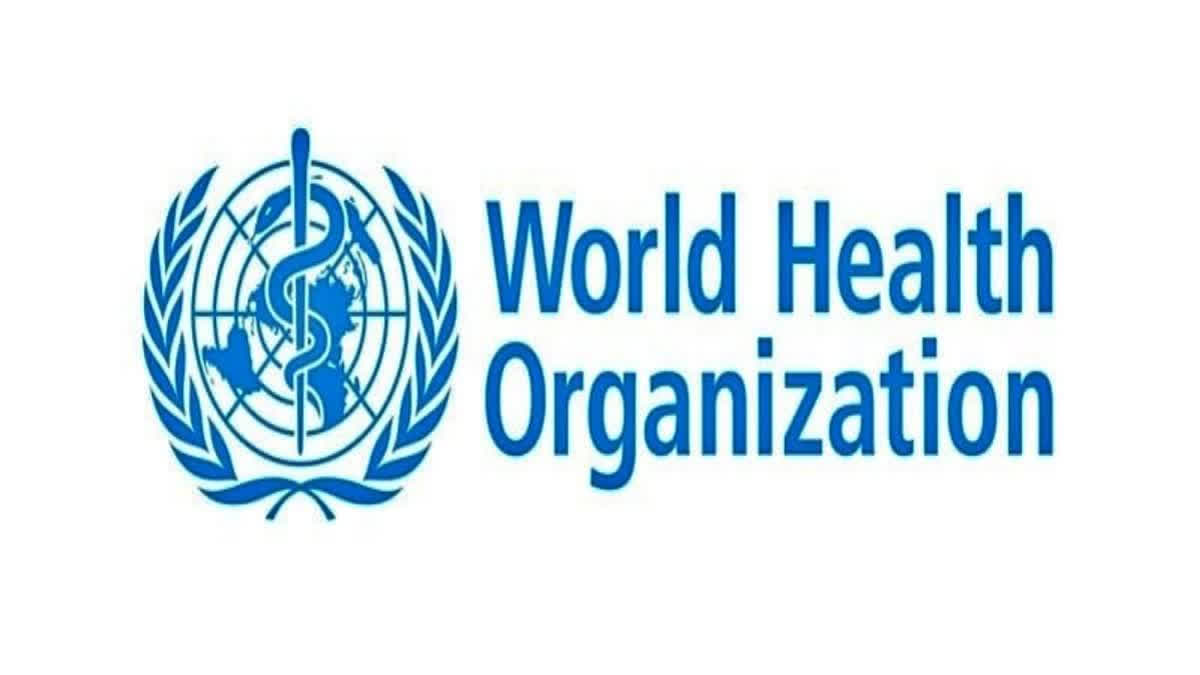New Delhi: The World Health Organisation (WHO) on Tuesday called on countries in the Southeast Asia Region to further strengthen efforts at all levels with tailored approaches at sub-national levels to identify and immunise unvaccinated and under-vaccinated children.
As per the latest global data, in 2023 nearly 3.4 million children in the region did not get all vaccines being offered under the childhood immunisation programme with 2.7 million among them not getting any vaccines, leaving them vulnerable to life-threatening diseases.
“The increasing numbers of unvaccinated and under-vaccinated children calls for urgent and accelerated action. We need to identify where and why these children are missed and prioritise reaching them at the earliest. No child should fall sick or die of any vaccine-preventable disease when safe and effective vaccines exist to protect them against these deadly diseases,” said Saima Wazed, regional director of WHO South-East Asia.
The region is off track to achieve the 2030 immunisation agenda and the regional vaccine action plan to achieve over 90 per cent coverage with three doses of diphtheria, pertussis and tetanus (DTP3) vaccines in all countries.
The WHO and UNICEF joint immunisation data for 2023 shows DTP1 coverage in the Region at 92 per cent, below the pre-pandemic 94 per cent in 2019 and DTP3 coverage, an indicator of full immunisation, at 90 per cent, less than pre-pandemic 91 per cent in 2019.
Children receiving the first dose of measles vaccine--typically at 9 or 12 months--declined to 91 per cent in 2023 from 94 per cent in 2019 while coverage with the second dose of measles vaccine administered to children between 18 months and five years old remained relatively constant at 85 per cent.
“The focus must be on tailored approaches, identified in consultation with the affected communities--local solutions to local issues--no matter how challenging or remote the setting is, we will need to find new ways to reach the children most at risk of life-threatening diseases,” Wazed said.
In recent years, the region has had many public health advances facilitated by vaccination--such as the elimination of polio and maternal and neonatal tetanus--while some countries have eliminated measles, rubella and controlled hepatitis B among children. Lessons from these achievements, especially from the last mile, should be applied to reach the unvaccinated and under-vaccinated children.
Population and areas with missed and under-vaccinated children must be identified and prioritised for strategic interventions to implement high-quality vaccination campaigns and sessions. There is also a need for stronger partner coordination and engagement with communities to enhance vaccination coverage.
Monitoring and accountability must be enhanced at all levels for timely identification and action to address issues and challenges. To restore and enhance routine immunisation coverage to and beyond the pre-pandemic level, countries have been making significant efforts.
In 2023, India, Indonesia, Myanmar, Nepal, Thailand and Timor-Leste conducted multiple national, subnational and catch-up immunisation campaigns with measles and rubella, polio, Japanese Encephalitis and other vaccines given under childhood immunisation programmes.
Countries increased the age limit for vaccination up to five years in these catch campaigns to protect children, who missed vaccination during Covid pandemic. Over 25 million doses of vaccines were administered in catch-up campaigns in 2022-2023. “WHO remains committed to supporting countries in their efforts to increase immunisation coverage to ensure every person has access to vaccines for their well-being and health,” Wazed said.
Read more: WHO Releases New List Of Drug-Resistant Bacteria Most Threatening To Human Health



